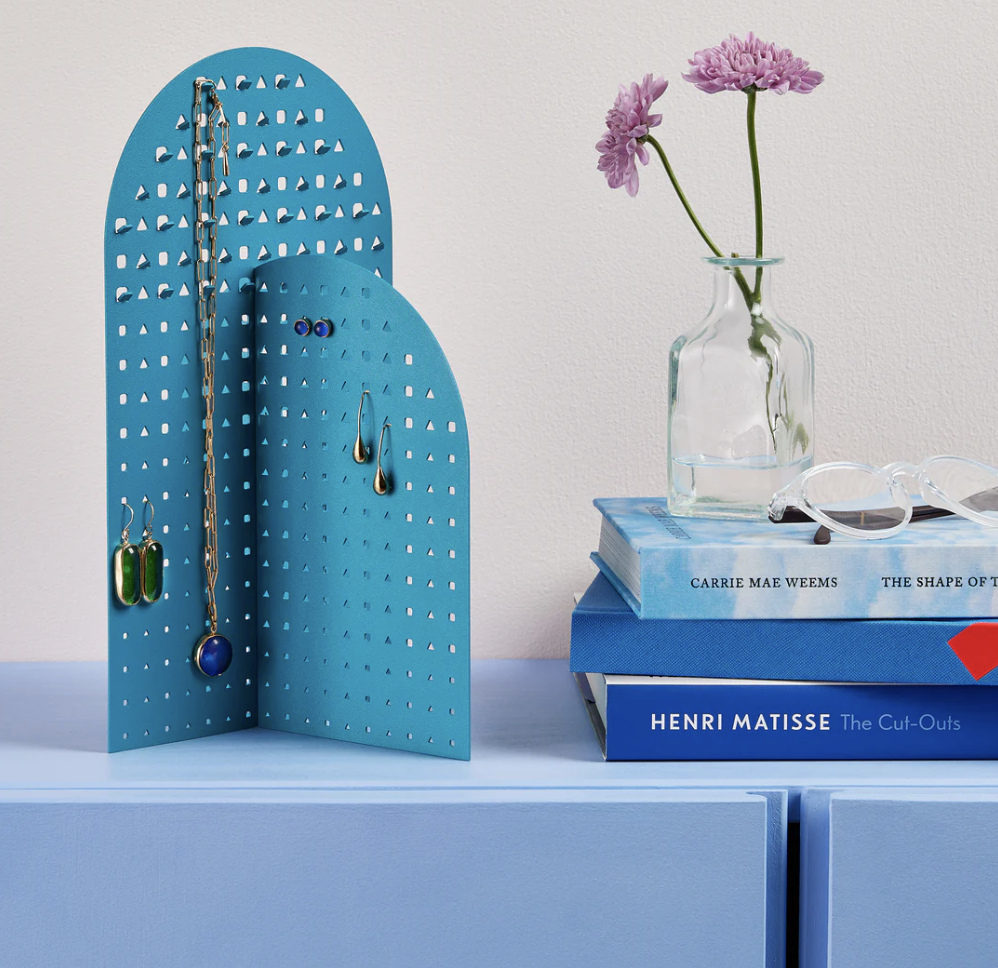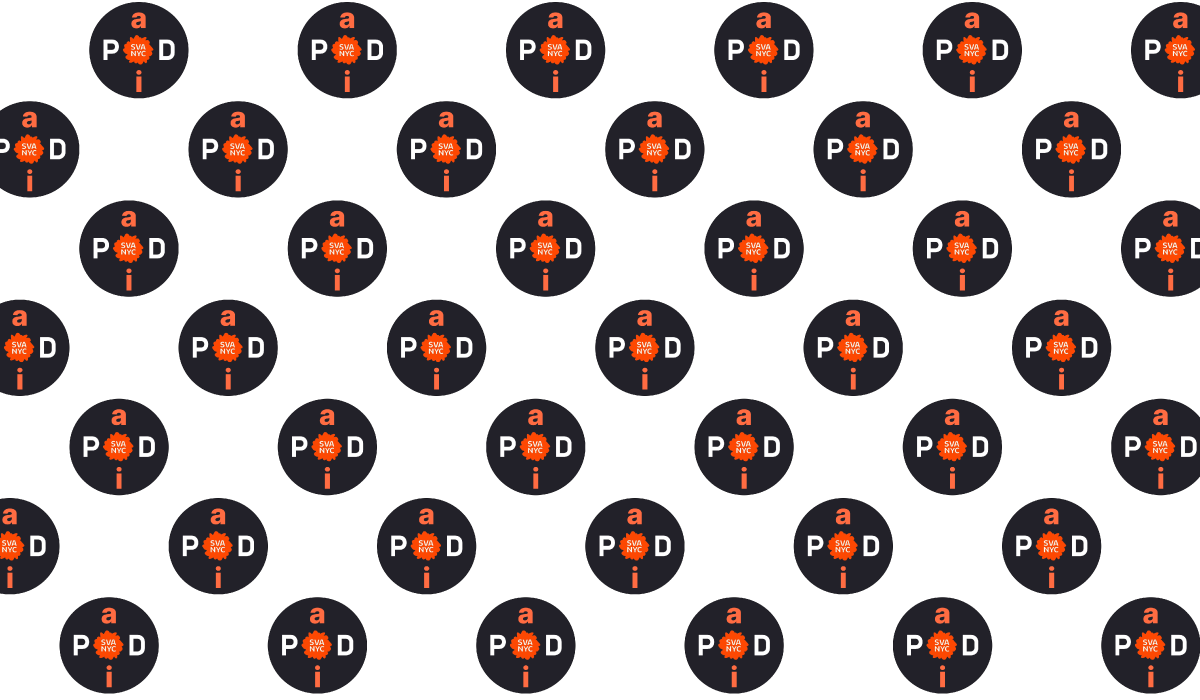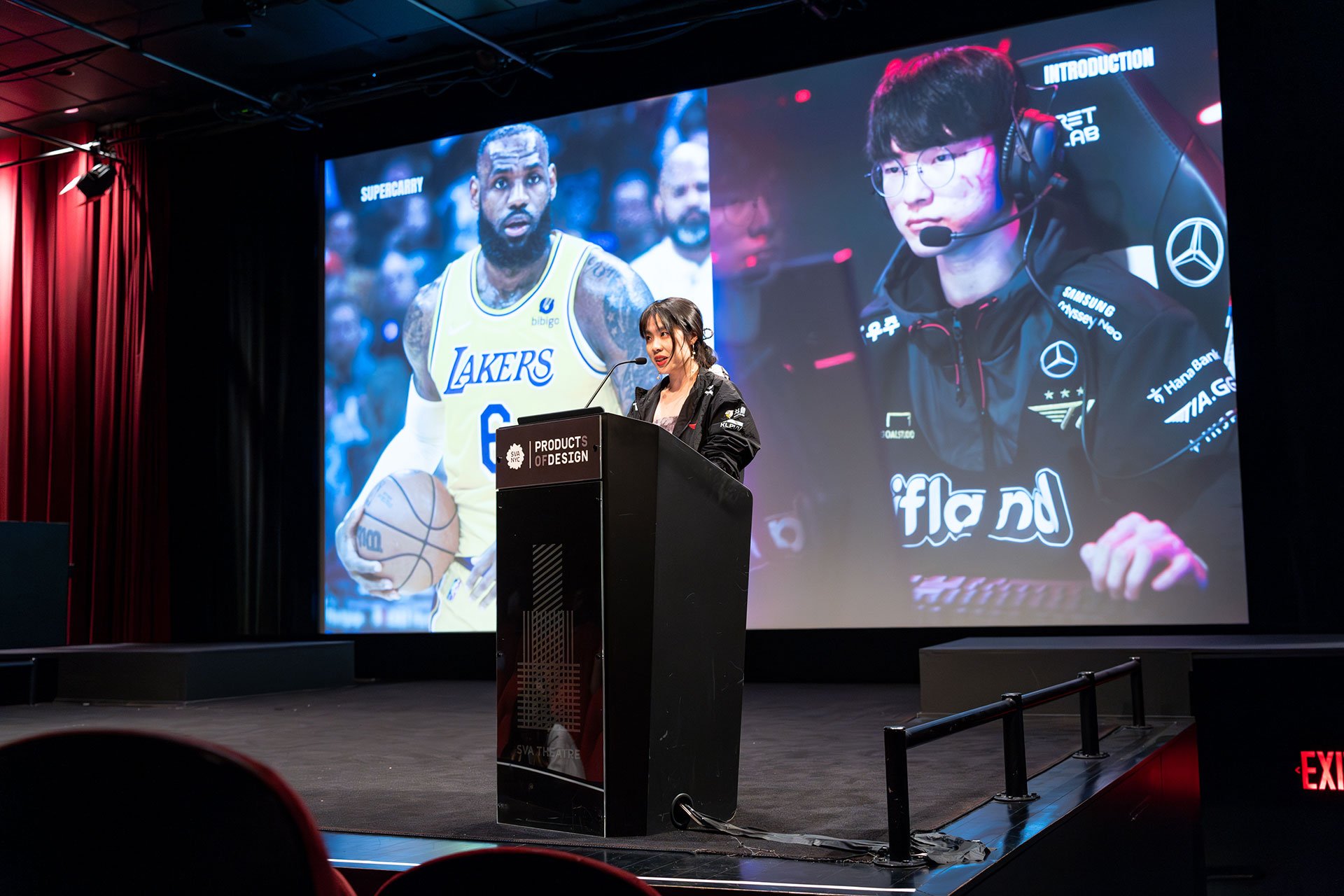Department Blog
Department news, events, and snapshots of student life at SVA in New York City.
Featured Posts
All Blog Posts
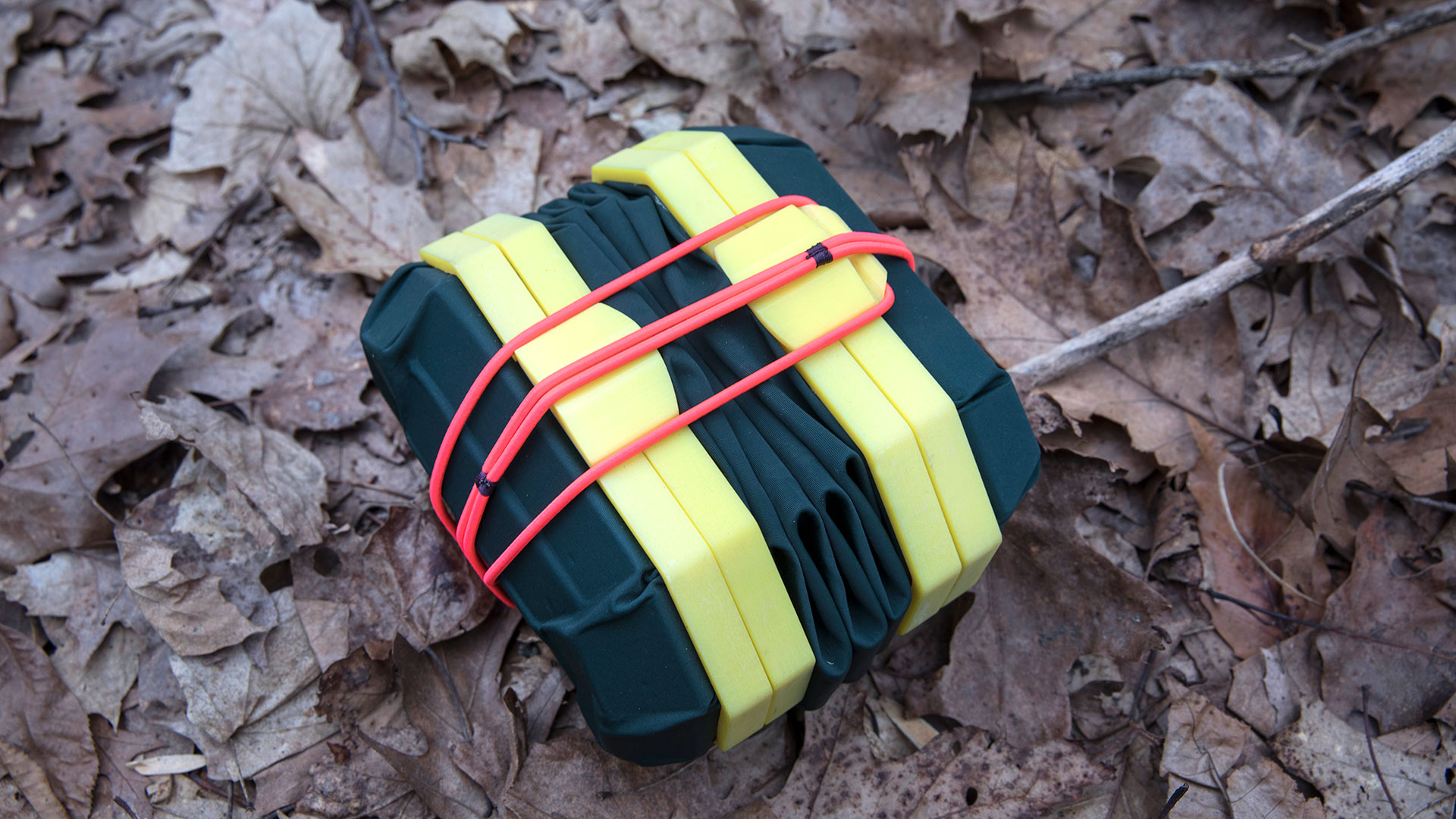
CARA: Menstrual Product and Waste Carrier for Multi-Day Trips Outdoors
CARA is a menstrual product and waste carrier designed for use in multi-day trips outdoors. Designed by recent grad Alexia Cohen as part of her thesis, DARE + DEFY: A Woman’s Place in the Great Outdoors, CARA—from the word carapace, meaning the shell of a turtle—features an expandable waste collection container at the center, with two separate dry enclosures at the top and bottom to keep unused menstrual products, toilet paper, and/or wipes clean and ready to use.

14 THINGS THAT MATTER: What distinguishes the MFA in Products of Design?
Wondering if the MFA in Products of Design program might be right for you? Most prospective students, professionals, journalists, and recruiters taking a look at our program have a lot of questions about what makes it different. They want to know who it attracts, what the curriculum and experience are like, and what our students do after they graduate. So we put together a list of the program's 14 key ingredients.
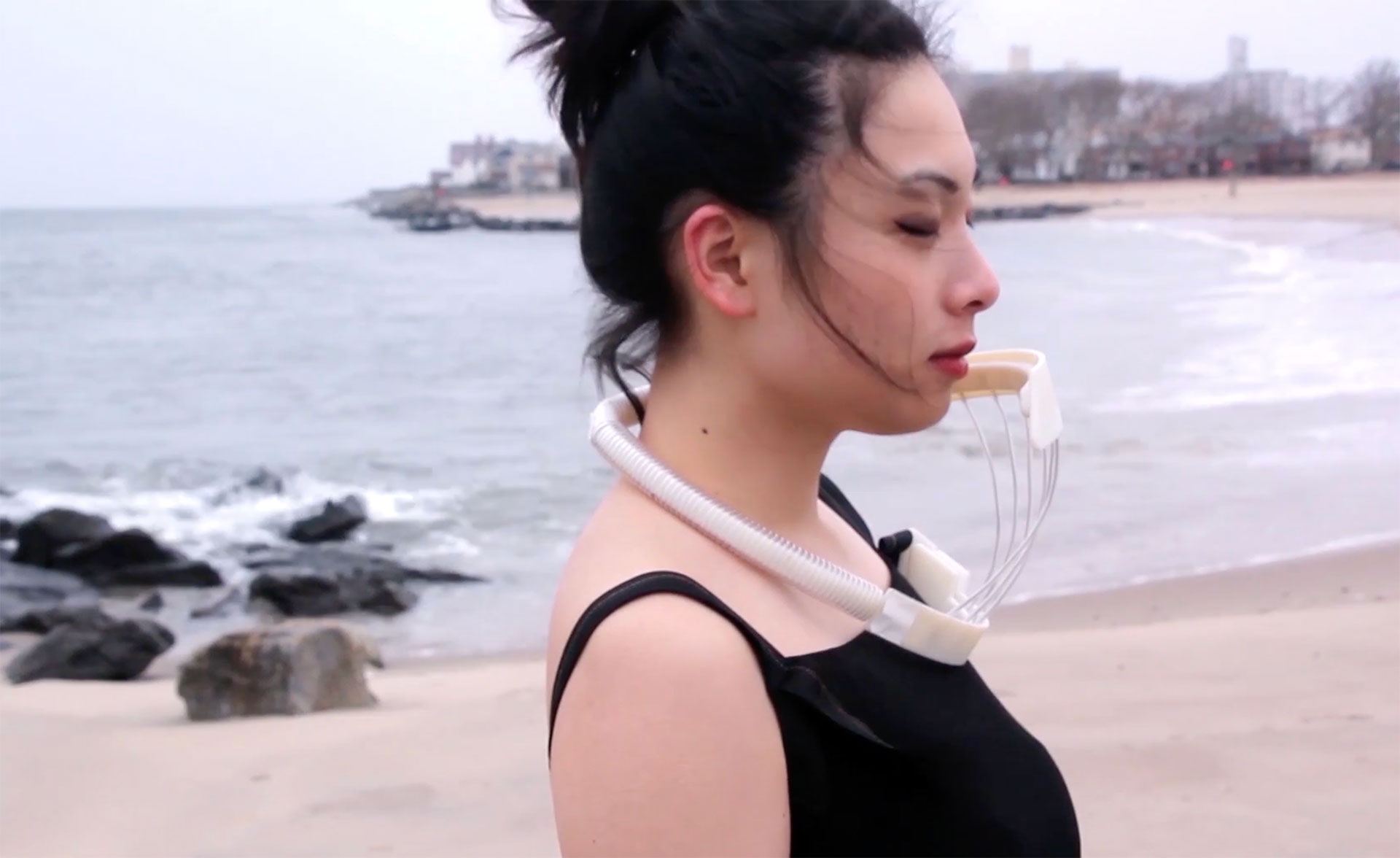
SYMBIOSIS: Ecological Services for the Urban Environment.
Since mass industrialization, the past few centuries have seen abundant growth and prosperity for humankind, but not so much for the planet. With little regard for the environment, industrialization has caused all kinds of pollution, loss of natural areas and biodiversity among others, and this carries a cost. This cost can be expressed as ecological debt that future generations must pay. By honing into the ecological debt accumulated by cities, Kuan Xu attempts to redeem by introducing the concept of ecological service and its significance. The design interventions then take a variety of lenses to advocate for ecological service design to instigate environmental consciousness and awareness driven action in the urban environment. With the mission of introducing ecological service into the city, and city dwellers adopting it, Kuan presents his thesis—Symbiosis, Ecological Services for the Urban Environment.
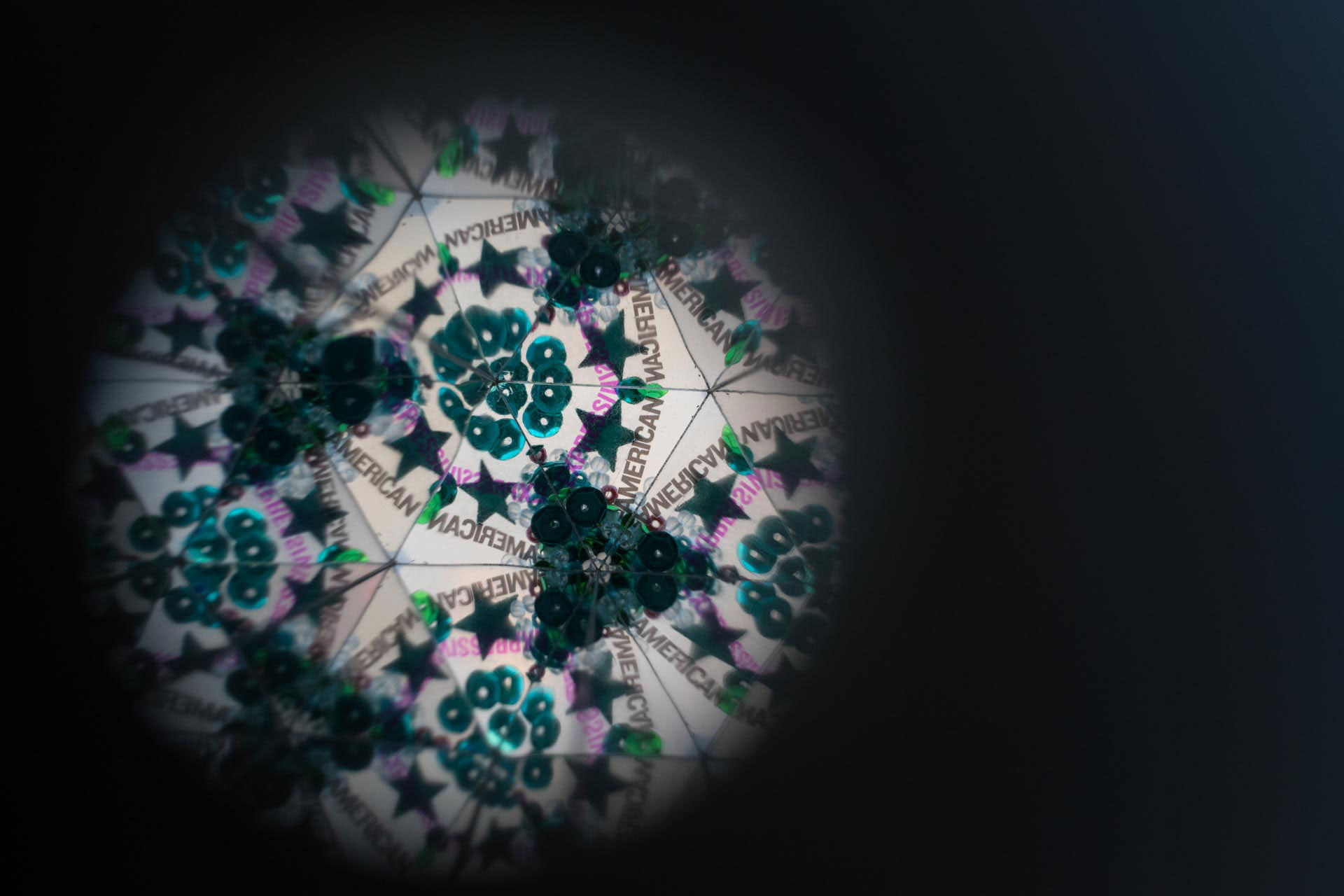
HACKING THE RACIAL BINARY: Design Provocations for Identity and Shame
Manako Tamura has spent the last year trying to reconcile her experience as an assimilated immigrant of color by interviewing, designing for and reflecting with the generation 1.5 immigrants of color who, like her, migrated to the US in the most formative years of their identities. Going into this journey, she first thought her thesis was going to be about transnationalism, where the main tension she had to resolve was around immigrants’ countries of origin and their adopted homelands. “As I spoke with users and experts on the subject, it became clear that the real tensions had to do with the transactional nature of assimilation where,” she reveals, “one could not embody both American and another culture.”
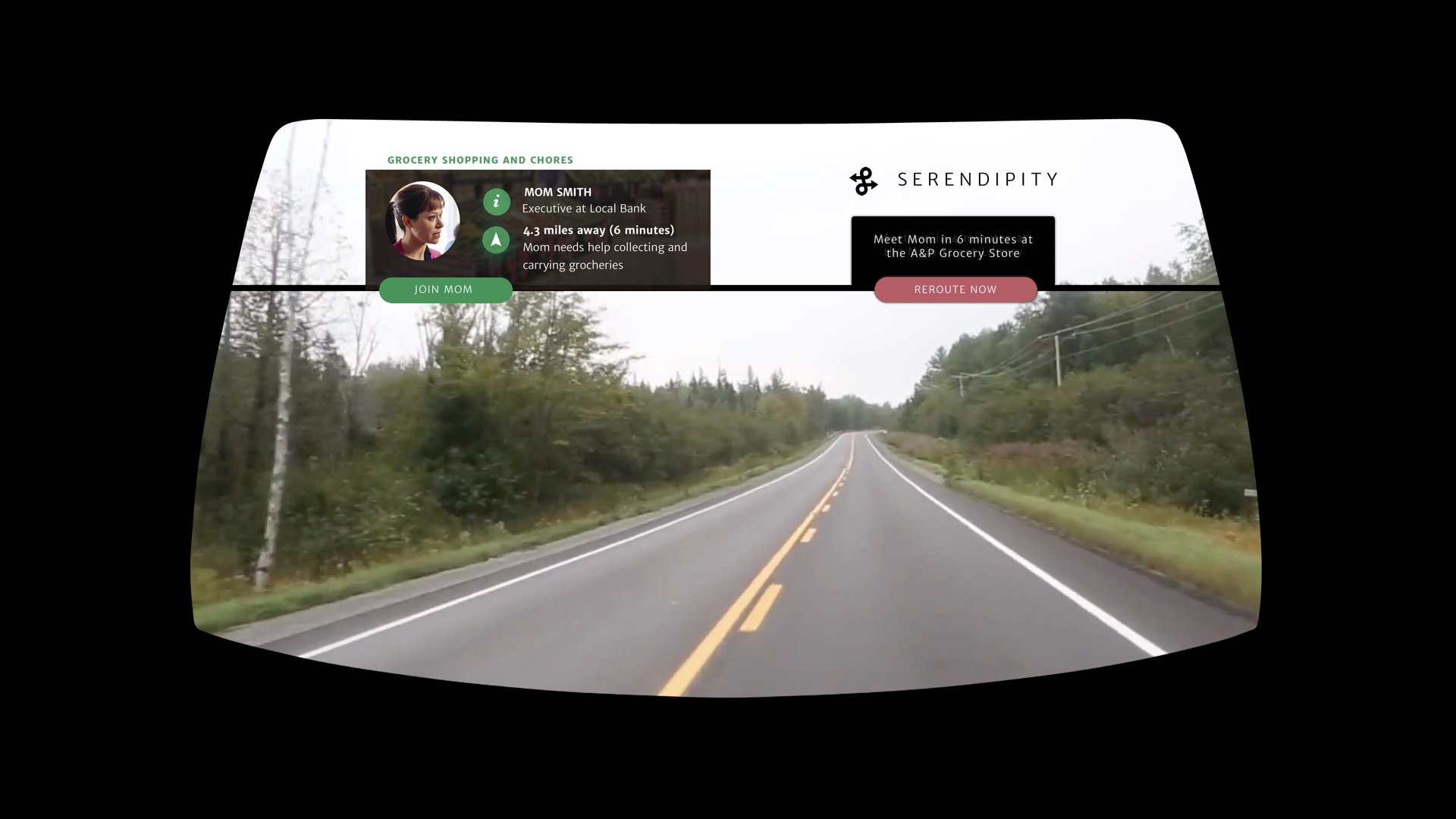
YOU ARE ON THE FASTEST ROUTE: Intentional Community and Responsible Autonomy in the New Motor Age
Lassor Feasley’s thesis You Are on the Fastest Route: Intentional Community and Responsible Autonomy examines how self-driving cars might impact American culture and the habits of everyday life. For many Americans, the traditional motor vehicle mediates access to everything from social and economic connections to childhood independence and family roles. "What happens when the underlying calculous behind motor age culture is rewritten and the way people explore and understand the world is reimagined?”, Lassor asks. Through his research, Lassor wanted to try and anticipate the consequences that autonomous cars might inspire. Over the past year, he has explored the social, the economic, and the ethical aspects of car culture, and leverages the tools of design to imagine how an advanced mobility system might drive positive change.
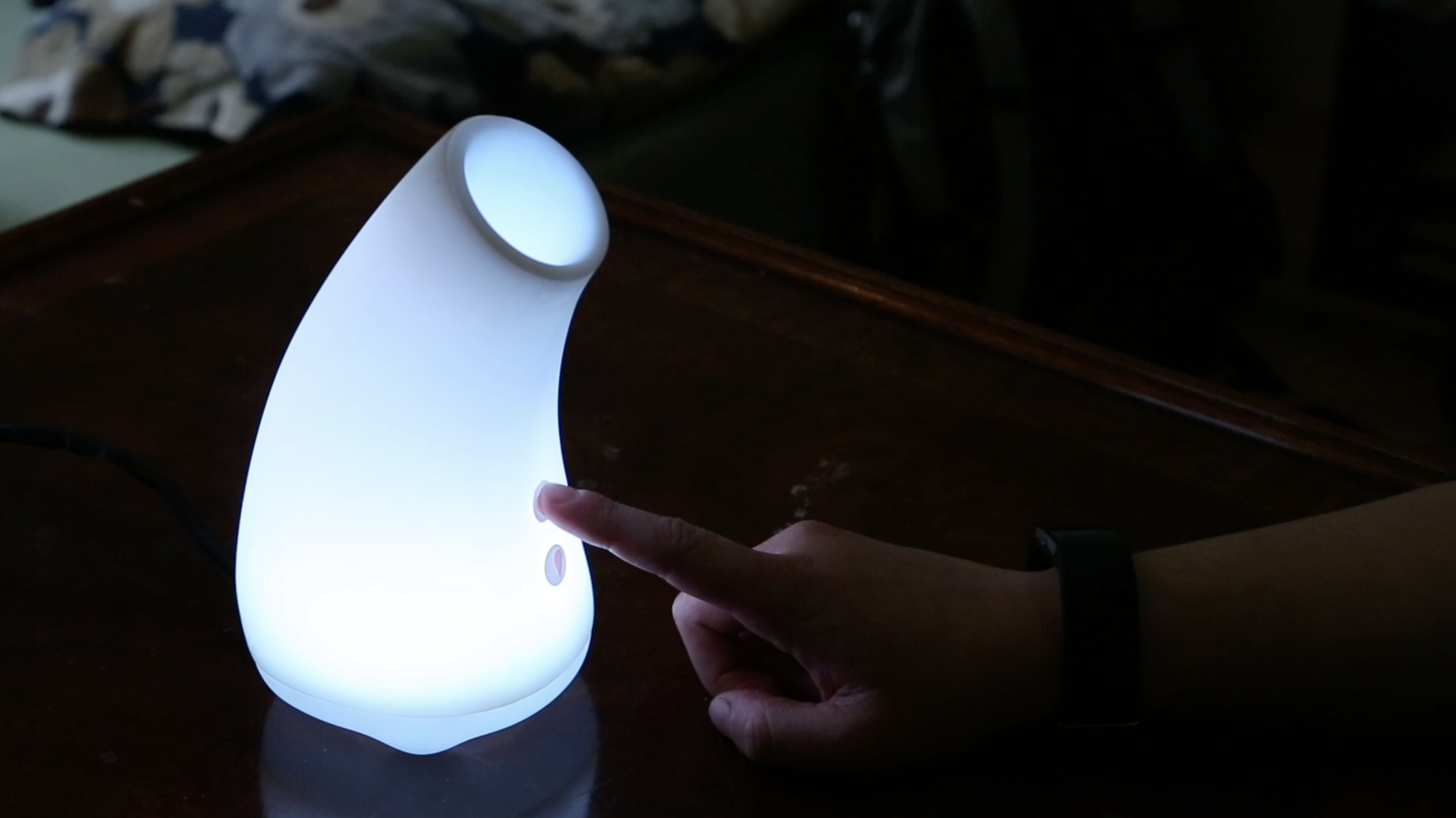
YES, MAYBE NOT: A Design Investigation Into Young Adulthood
As a designer, Jiani Lin believes that great design can be inspired by our everyday experiences. Her thesis YES, MAYBE NOT: A Design Investigation into Young Adulthood focuses on exploring the shared emotions, behaviors, and experiences young adults have as they graduate college and enter the working world, or plan to do so, all while leaving behind their comfort zone. She addresses young adults’ identity exploration on a professional, romantic, and social level through designing objects, products, service platforms, apps, and systems that can help this generation prepare for the period of life post-graduation.
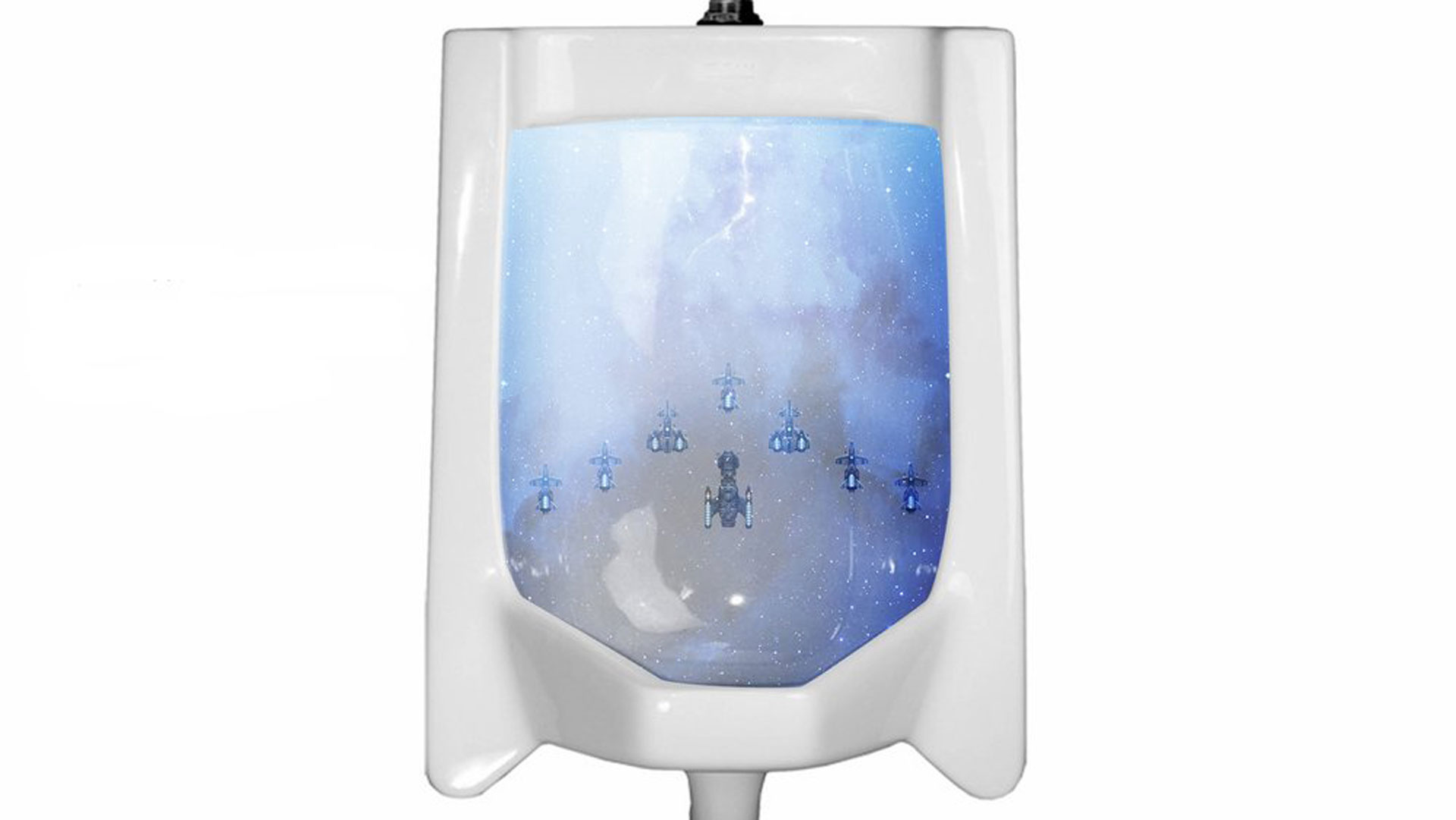
RESPAWN: Activating the Bedroom Generation By Gamifying Public Spaces
Nowadays, many people enjoy visiting amusement parks like Disneyland or Universal Studios. These parks are all about theme-based experiences—experiences which, in a sense, are very close to living inside a game. “Why then, can’t a person’s daily life be experience-based in a similar way? What would it look like if we augmented ordinary life with games and experiences to make a new lifestyle for people” Teng Yu questions. In response, he developed Respawn: Activating the Bedroom Generation By Gamifying Public Spaces—a thesis of speculative, service, experience, and product design that imagines near futures where games are designed to help people building character, learning skills, and conquering challenges. Yu’s designs and ideologies subvert the unhealthy lifestyles associated with gamers by providing new and wholesome ways to game in real-world contexts.
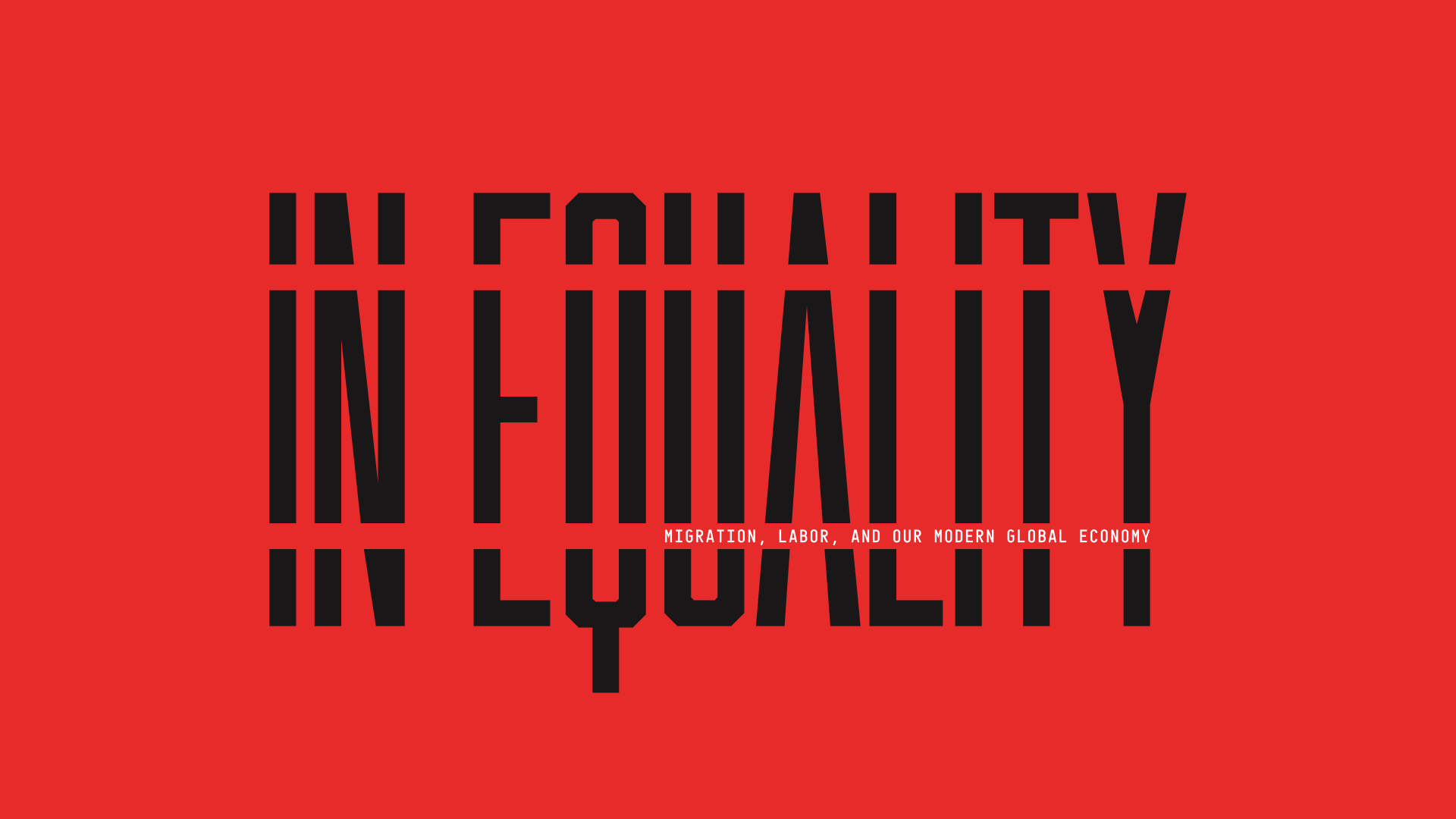
IN EQUALITY: Migration, Labor, and Our Modern Global Economy
Bernice Wong’s thesis, In Equality: Migration, Labor, and Our Modern Global Economy, explores our relationship and role in the interconnected systems that allow some to prosper and others to suffer exploitation or enslavement. She traces the state of labor rights in today’s American agricultural industry back in time to the abolition of slavery in 1865, understanding that agriculture in the U.S. remains rooted in a system historically intended to control and repress the black body. Her design projects seek to intervene where there are structures of abuse, confronting the issues of immigration, exoticism, colonization, and race as intersected and inseparable.
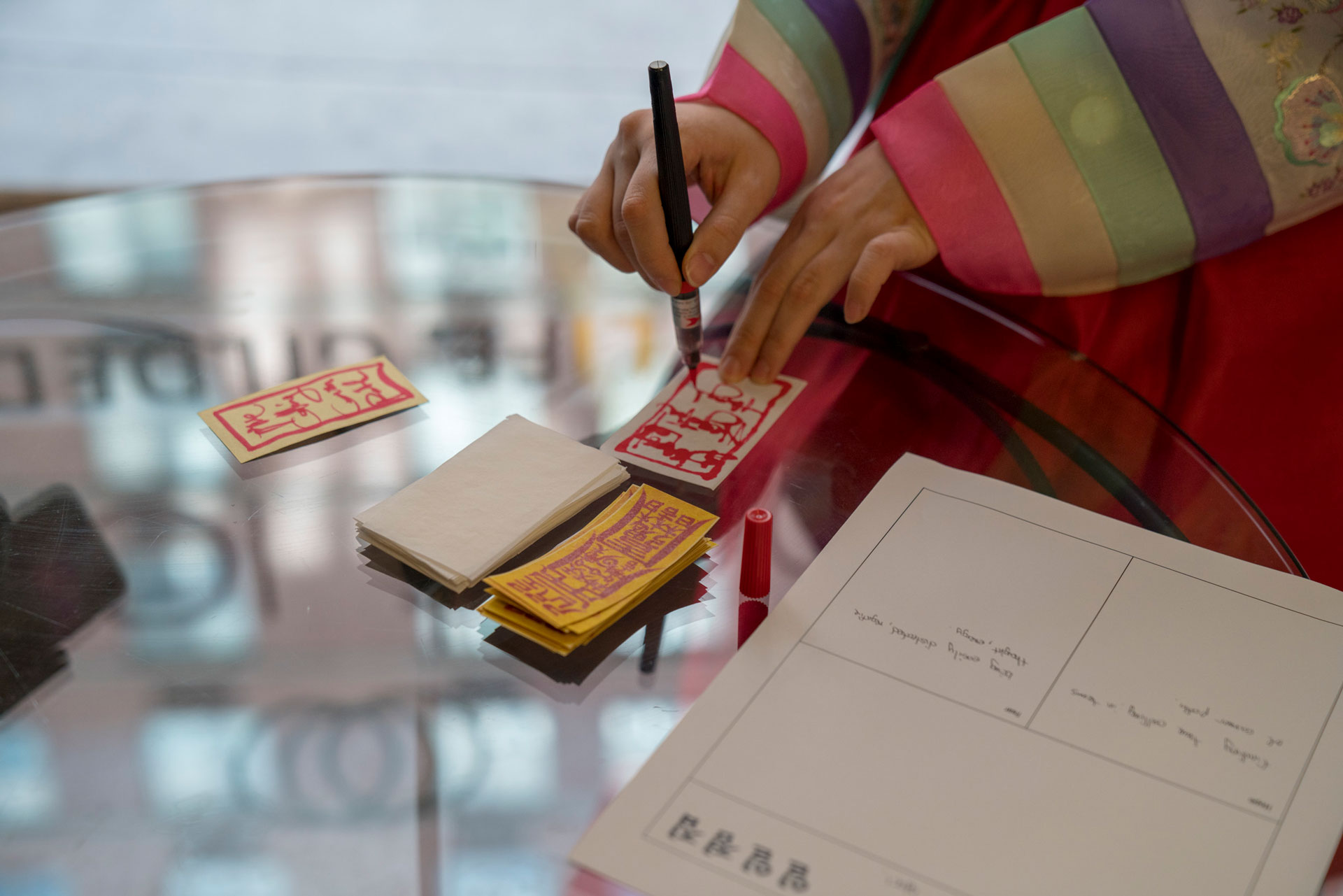
CAST AWAY: Designs For Socially Isolated Korean Men Contemplating Suicide
Juho Lee’s thesis work was inspired by the conversation that he had with his close friend about depression and suicidal feelings in South Korea during the summer of 2017. He recalls, “It seemed like a very serious issue, and I didn’t know what my friend was going through until he shared his suicide ideation. Even though he said he is okay now and laughed it off when he told me, I didn’t know how to respond.” This experience made Juho realize that perhaps Korean men are unable to reach out for help when they really need it. As someone who spent his youth in South Korea, Juho also recognized that he never learned how to discuss the topic of suicide with anyone. This insight inspired his master’s thesis Cast Away: Designs for Socially Isolated Korean Men Contemplating Suicide.


